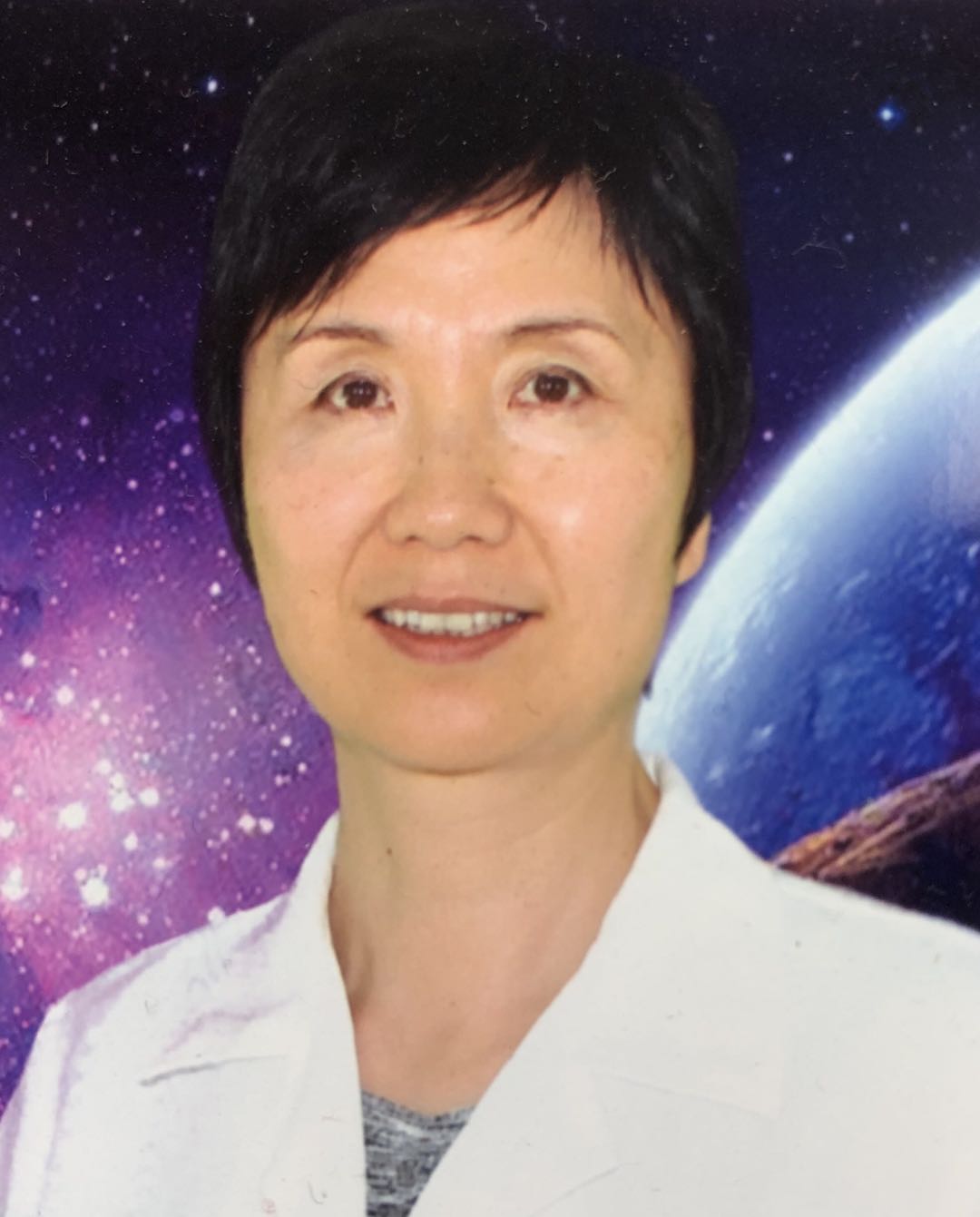
Bai, Feng(Professor) Professor
School of Basic Medical Sciences
Professor
Cancer stem cells Cell cycle control and tumorigenesis Mouse model for human disease


School of Basic Medical Sciences
Professor
Cancer stem cells Cell cycle control and tumorigenesis Mouse model for human disease
Name:Feng Bai
Position:Professor
E-mail:[email protected]
Personal Statement:
Dr. Feng Bai received her Ph.D. from Kyushu University Japan in 2000, and Then she was working as a postdoctoral fellow and a research associate in Lineberger Comprehensive Cancer Center, University of North Carolina at Chapel Hill, NC, .USA. In 2011, Dr. Bai joined DeWitt Daughtry Family Department of Surgery, Sylvester Comprehensive Cancer Center, University of Miami, FL, USA as an associate scientist. In 2018, Dr.Bai joined the Department of pathology of Shenzhen University as a full professor.
Dr Bai has a unique background in tumor pathology and has long been engaged in molecular pathology research on human diseases and genetically engineered mice. She has established a tissue and organ specimen bank of more than 20,000 specimens from over 30 strains of gene-knockout mice. He was the first to demonstrate that p18Ink4c is regulated by GATA3 and inhibits breast cancer. Loss of BRCA1 function transforms estrogen receptor-positive breast cancer into triple-negative breast cancer. p18Ink4c fully depends on Cdk4 to inhibit the division, proliferation, and carcinogenesis of pancreatic islet cells. Knockout of p19Ink4d not only induces various tumors but also causes congenital deafness. Moreover, inhibition of CDK4 function can completely cure congenital deafness caused by p19 gene deletion. He has served as the principal investigator and undertaken multiple federal, state, and university-funded projects in the United States. She has published 40 papers in SCI-indexed international journals, including *Cancer Cell*, *Molecular Cell*, and *Oncogene*.
Research Interests:
Cancer stem cells
Cell cycle control and tumorigenesis
Mouse model for human disease
Research Projects:
1. General Program of Guangdong Natural Science Foundation (2025A151010107): 01/01/2025 to 12/31/2027 ¥100,000
2. General Program of Guangdong Natural Science Foundation (2023A1515010138): 01/01/2023 to 12/31/2025 ¥100,000
3. General Program of Guangdong Natural Science Foundation (2021A1515011145): 01/01/2021 to 12/31/2023 ¥100,000
4. Basic Research of Shenzhen Science and Technology Plan Foundation (JCYJ20190808165803558) 05/01/202 to 05/31/2023 ¥400,000
Selected Peer-reviewed Publications:
1. Liu X, Bai F*, Wang Y, Wang C, Chan HL, Zheng C, Fang J, Zhu WG, and Pei XH*. Loss of function of GATA3 regulates FRA1 and c-FOS to activate EMT and promote mammary tumorigenesis and metastasis. Cell Death & Disease (IF: 9.7). 2023, Jun 23;14(6):370. *Corresponding Author.
2. Bai F*, Liu X, Zhang X, Mao Z, Wen H, Ma J, Pei XH*. p18INK4C and BRCA1 inhibit follicular cell proliferation and dedifferentiation in thyroid cancer. Cell Cycle (IF: 5.17). 2023, June 22, 1-17. *Corresponding Author
3. Bai F#,, Zheng C#, Liu X, Chan HL, Liu S, Ma J, Ren, S, Zhu WG, Pei XH*. (2022) Loss of function of GATA3 induces basal-like mammary tumors. Theranostics (IF: 11.6). 12(2): 720-733.
4. Bai F# , Zhang LH, Liu X ,Wang C ,Zheng C, Sun J, Zhu WG and Pei XH (2021) GATA3 functions downstream of BRCA1 to suppress EMT in breast cancer. Theranostics (IF: 11.6). 11(17):8218-8233.
5. Pei XH#,, Bai F#,, Smith MD, Usary J, Fan C, Pai SY, Ho IC, Perou CM, Xiong Y. (2009) CDK inhibitor p18INK4c is a downstream target of GATA3 and controls mammary luminal progenitor cell proliferation and tumorigenesis. Cancer Cell, 15, 389-401. #,equal contribution.


用户登录
还没有账号?
立即注册